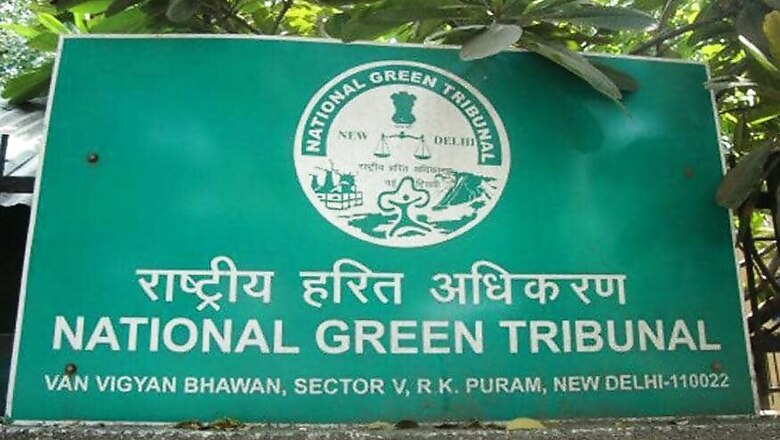
views
New Delhi: The National Green Tribunal has slammed the Environment Ministry (MoEF) for the delay in issuing a notification to ban RO purifiers where total dissolved solids (TDS) in water are below 500 milligrams per litre and warned the officer concerned of stopping his salary.
A bench, headed by NGT Chairperson Justice Adarsh Kumar Goel, said the delay in compliance of its order is causing harm to public health and environment.
"The officers present have not shown any valid reason for non-compliance beyond what is mentioned above which stand has no merit. The above stand clearly shows failure of concerned officers to comply with the directions of order of this tribunal dated May 20, 2019. The said order is a binding decree under Section 25 of the National Green Tribunal Act, 2010 and the Officers of MoEF are liable to be proceeded against for noncompliance," the bench said.
The green panel granted last opportunity to the MoEF to comply with the directions by December 31, 2019, failing which the officer in-charge concerned in the ministry will not be entitled to draw salary from January 1, 2020.
Further coercive measures will be considered on January 10, the bench added.
It also noted that the Central Ground Water Authority has given the requisite data to the Central Pollution Control Board and it has filed its report on the subject of checking wastage of ground water and connected issues.
The tribunal had earlier said its order was based on a report of an expert committee, which also comprised a representative of the MoEF, and is enforceable without permission of any other authority with penal consequences.
In a bid to regulate the use of RO purifiers, the NGT had directed the government to prohibit them where total dissolved solids (TDS) in water are below 500 mg per litre and sensitise public about the ill-effects of demineralised water.
The tribunal has also asked the government to make it mandatory to recover more than 60 per cent water wherever RO is permitted across the country.
TDS is made up of inorganic salts as well as small amounts of organic matter. As per a WHO study, TDS levels below 300 mg per litre are considered to be excellent, while 900 mg per litre is said to be poor and above 1200 mg is unacceptable.
Reverse Osmosis (RO) is a water treatment process that removes contaminants from water by using pressure to force molecules through a semipermeable membrane.
The order had come after perusing an expert committee report which said that if TDS is less than 500 milligrams per litre, a RO system will not be useful but will result in removing important minerals as well as cause undue wastage of water.
The tribunal was hearing a plea filed by NGO Friends seeking conservation of potable water by preventing its wastage on account of unnecessary use of RO systems.



















Comments
0 comment